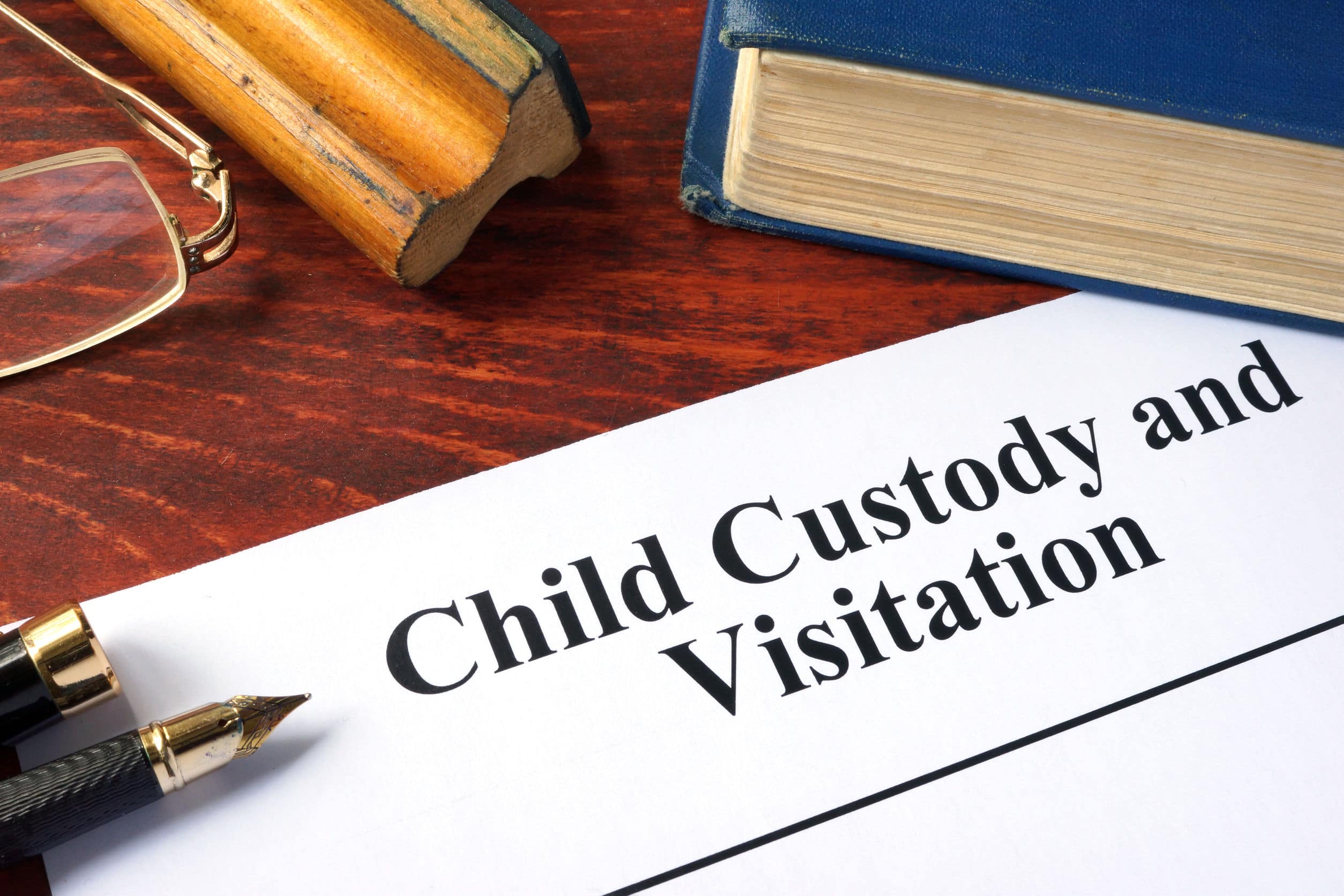Parenting is tough. There are so many ways that parents question themselves when it comes to raising their kids. Sometimes the matter is far more complicated than it may seem.
When abuse enters the picture, then the justice system in Colorado will get involved. When that happens, parents can face many consequences – including losing their kids.
Still, child abuse isn’t as cut and dried as one may think, since there are so many reasons that abuse exists. Colorado recognizes this. Above all, the courts in Colorado want families to be together in a healthy way.
Are you an abusive parent?
That answer cannot be found in this article. What can be found is an explanation of the consequences that parents and their children face if there is abuse in the home. We also share what we know about the help that is out there for anyone who wants it.
What Are Child Abuse Laws in Colorado?
If you’re grappling with whether or not you or your spouse are abusive parents, a good place to start is the text of Colorado law. This state defines child abuse as any of the following acts when they are committed against a child:
- Injury to a child’s health or life
- A child placed in situations where their life or health is threatened or where injury to their life or health can occur
- Malnourishment, mistreatment, lack of proper medical care, punishments that are cruel
- Injuries accumulated over time that result in the serious bodily injury or death of a child
In Colorado, most of the acts that constitute abuse are acts of negligence and neglect. This means that you don’t have to be physically violent or emotionally abuse your child in order to be guilty of abuse – simply not providing them with what they need to be healthy and live is enough grounds for criminal abuse charges to be filed.
Situations in which the child’s life is endangered, such as leaving them alone in a hot car, allowing them to be in the presence of drug use or violence, mere threats of violence, and driving them around while intoxicated are also things that result in child abuse charges.
If you fail to shelter, clothe, and feed your child, that is considered child abuse as well.
What About Disciplining My Child?
Colorado respects parental rights when it comes to disciplinary actions and styles, but some punishments can be viewed by the state as child abuse.
Under the law in Colorado, a parent or guardian can exercise reasonable parental discipline. So what is reasonable?
The courts take factors such as the child’s age, their misbehavior, the circumstances of the discipline, and any physical harm done to the child into consideration when trying to determine if discipline was actually child abuse under the law.
Who Is Required to Report Colorado Child Abuse?

Anyone can report child abuse if they suspect it is happening. There are some people in Colorado, however, who are legally required to report child abuse or neglect when they see signs. These professionals are legally bound to report child abuse:
- School Employees
- Teachers
- Doctors
- Dentists
- Nurses
- Counselors
- Social Workers
- Clergymen
- Peace Officers
The Penalties for Child Abuse in Colorado
The penalties parents can face for child abuse in Colorado depend on how severe the abuse was and the intent (or lack thereof) of the defendant.
If there are past convictions on the defendant’s record, for instance, or if the crimes were of a sexual nature, then that can have an impact on the penalties as well.
If a child was not seriously injured but an act of abuse or neglect was committed recklessly, then it’s likely the charges will be a misdemeanor. That can still result in up to 18 months in jail and fines of as much as $5,000.
Felony charges for child abuse run the gamut, ranging from a Class 5 felony to a Class 2 felony. Acts of abuse that result in death are normally charged as Class 2 felonies even if there was no intent to hurt the child.
If convicted of felony child abuse, the punishment can be up to 24 years behind bars and fines up to $1 million. Additional penalties may be on the table if felony crimes are present on the defendant’s record.
Parents and other caregivers who are in what is known as positions of trust relative to the child can also face additional penalties. That means that incidents that normally might be charged as misdemeanors can be charged as felonies.
No matter what level of crime you are charged with, though, a child abuse conviction can also result in you losing your parental rights altogether. This is why it is imperative to get help if you need it.
Colorado Parents Who Need Help

Above all, when you are accused of child abuse or neglect, the court wants to see you take responsibility for your actions. If your actions were ultimately caused by problems with drugs or problems with anger, for example, then get counseling and help for those issues.
Show the court that you’re working on improving yourself for your child and hopefully, reunification can happen sooner than later. Not to mention to benefit of a happier, healthier family life afterward!
About the Author:
Kimberly Diego is a criminal defense attorney in Denver practicing at The Law Office of Kimberly Diego. She obtained her undergraduate degree from Georgetown University and her law degree at the University of Colorado. She was named one of Super Lawyers’ “Rising Stars of 2012 & 2019” and a “Top 100 Trial Lawyers in Colorado” for 2012-2020 by The National Trial Lawyers. Both honors are limited to a small percentage of practicing attorneys in each state. Additionally, Expertise names her to its lists of the 25 Best Denver DUI Lawyers and 21 Best Denver Criminal Defense Lawyers, both in 2020. Ms. Diego has also been recognized for her work in domestic violence cases.





